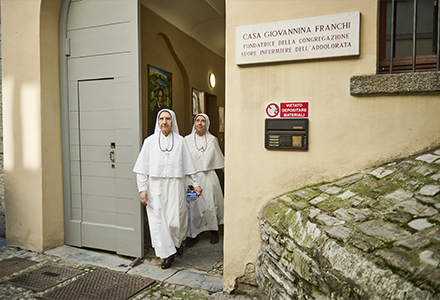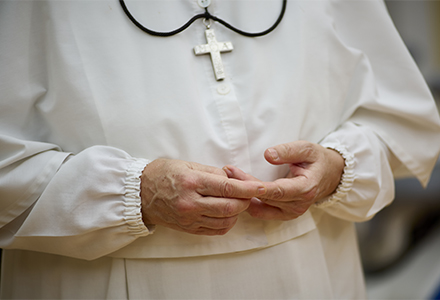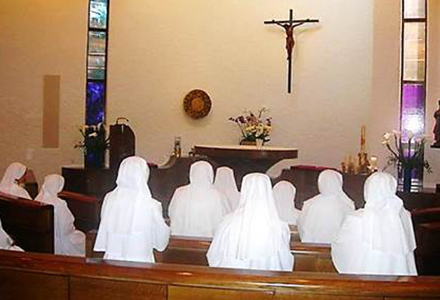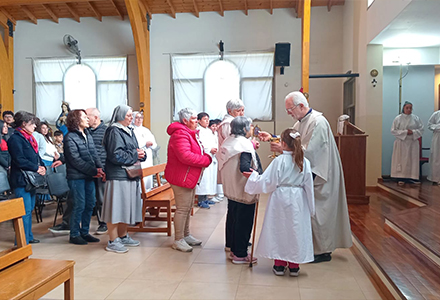Giovannina Franchi was born in 1807, but she could easily be seen as a modern woman: busy, enthusiastic, and up to date on everything. Just like her fellow sisters: the Nursing Sisters of Our Lady of Sorrows, belonging to the Congregation she founded.
Raised in a respectable bourgeois family in Como, Giovannina’s life took a turn after the premature death of her fiancé. She began to nurture within herself a life project that was revolutionary for her time—combining the spirituality of St. Francis de Sales, which she had absorbed during her education at the Monastery of the Visitation of Holy Mary, with a deep sense of practicality, marked by charity and assistance to the most vulnerable.




